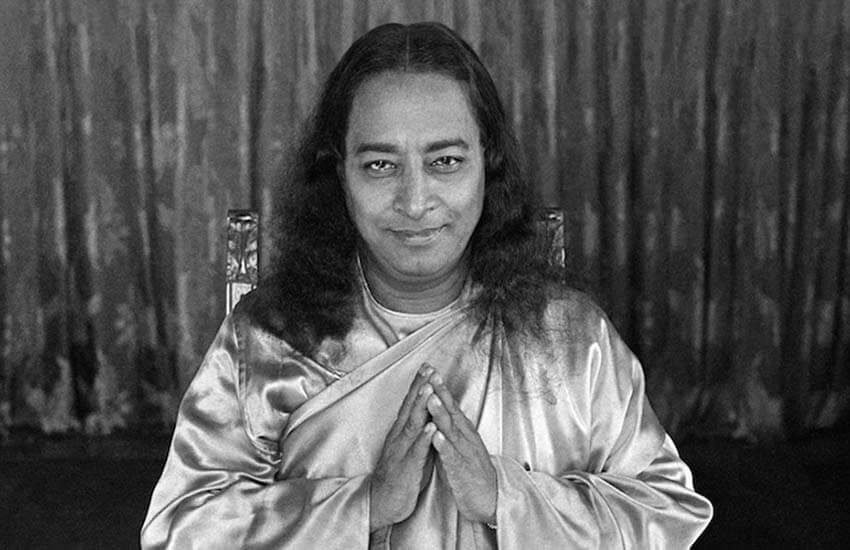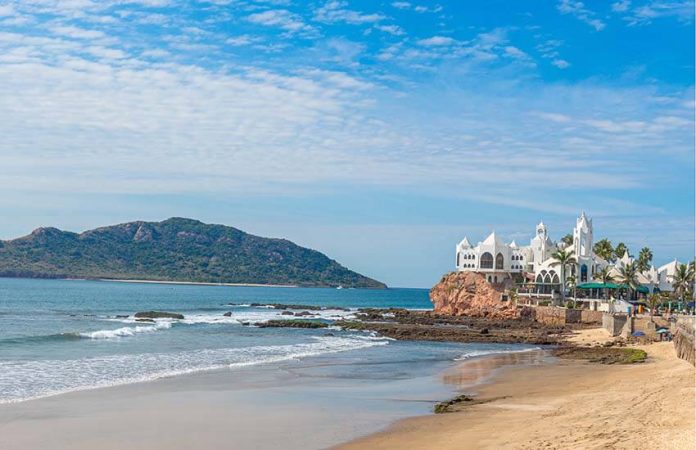Why am I here?
Sixteen years ago, when I moved to Mexico, my reasons were very basic: affordable lifestyle and warm weather. I was rather shallow in that regard.
I never gave much thought to the culture I was about to drop into, other than how comfortable I have felt whenever spending time south of the border. It’s the composition of the culture that catalyzes my feelings of peace and contentment.
But I guess it could also just be the cold beer and the endless opportunities for Mexican food.
My first couple of years here, I suffered from a transitional brain fog, where the only thing I was vaguely aware of was the warm weather and the reasonable cost of living. My gringo-ness still hovered about me like an aura that colored all my interactions with the culture. However, the complex process that incrementally flavors the core of your psyche happens whether you are aware of it or not.

The transformation from slightly confused immigrant to entrenched expat has been a work in progress from the very start. Of course, there have been the epiphany moments when you string together your first complete sentence in Spanish or when you suddenly understand which hand gestures make people smile and which could endanger your life. But most cultural transition happens over weeks, months and years until it no longer feels like you are living in a foreign country.
So what is so enticing about this culture? Why does the prolonged exposure to Mexico tend to soften the soul, or take the edge off life in general?
There are subtle but portentous indicators all along the twisting path of cultural acclimation by which you can gauge your progress. These are a few of mine:
When you find yourself slowly sipping an excellent tequila and not pounding shots of José Cuervo on the Cinco de Mayo holiday with your buddies at a Mexican-themed bar, you’re getting close. Just the realization that there are tequilas that are smooth and tasty was an epic moment in my cultural odyssey.
Another watershed moment came at an intersection waiting for the light to change when a transito, the car of a traffic cop, pulled up behind me.
I glanced in the rearview mirror and saw the light bar on the roof and the stern countenance of the officer behind the wheel, and I felt no fear, no anxiety, not the slightest uptick in my heartbeat. In my previous life in the United States, no matter how carefully I drove, in an automobile that was 100% compliant with local regulations, any law enforcement presence in my rearview mirror would always spark some level of apprehension.

North of the border, when people meet each other for the first time, they invariably ask each other, “What do you do?” Your profession is so much a part of your persona in the U.S. that it shapes how the world sees you.
When you become a seasoned expat, you will still have some of this persona, but it will not be the preeminent factor of who you are in Mexico. Here, you will be judged by your day-to-day synergy within the culture.
It wasn’t until eight or so years into my Mexican life that I realized that my sense of time had adapted. This revelation occurred while having a few beers with two friends at our favorite beachside bar.
I asked a simple question: “What day is it?”
There were several moments where we debated whether it was Tuesday or Wednesday because none of us knew for certain. A quick look at a phone confirmed things, but this was a breakthrough moment in which I realized that time is superfluous to my life in Mexico.
For many Mexicans, time does not exist; only clocks exist. One of the things that I have found fascinating about this culture is the deeply ingrained propensity here to fully live in the moment.

I, as well as others from the 1960s, spent years studying how to live in the moment and then attempting to incorporate it into my life, from Jack Kerouac’s Dharma Bums to the story of spiritual teacher Paramahansa Yogananda’s impressive journey to Be Here Now, the book by Richard Alpert (better known as Ram Dass), as well as other tomes we all devoured in the quest for enlightenment back then — or in other words, the quest to live perfectly in the moment.
Had I known that a simple culture change could achieve such a profound awakening, the library of my youth would have been significantly smaller.
There has been a profusion of things written about the meaning of the word mañana. A Spanish dictionary will simply say it means “tomorrow.” However, the culture of this country has embraced mañana as a defining component of a Mexican lifestyle, one that values giving yourself over completely to the present, even if it means you’ll put something else off until tomorrow.
It is one of the most difficult aspects of this culture for most expats to embrace. Many transplants here view the mañana perspective as a cultural flaw when it is in fact one of the cornerstones of this laid-back country.
So, as I look back through the years of being an expatriate, I realize I still enjoy the warm weather and the affordable lifestyle, but I now know that the preeminent reason for my continuing to live in Mexico is purely cultural.
The writer describes himself as a very middle-aged man who lives full-time in Mazatlán with a captured tourist woman and the ghost of a half-wild dog. He can be reached at buscardero@yahoo.com.
